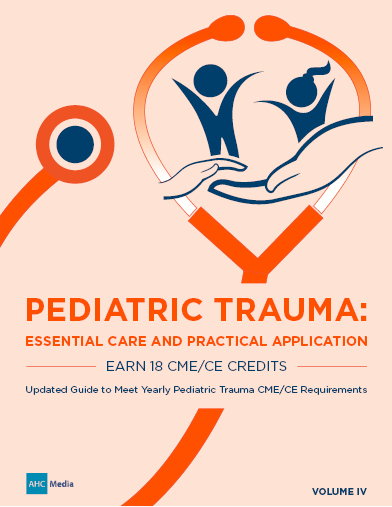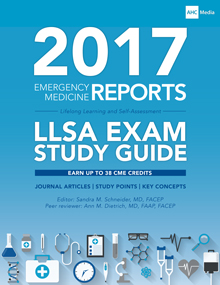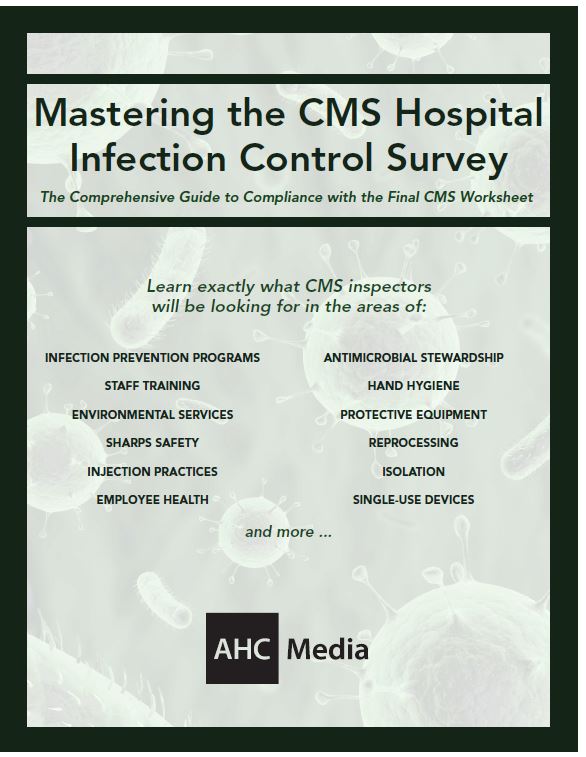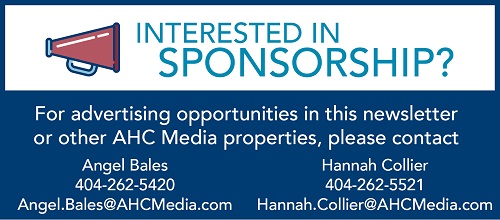CMS Announces Participants in the Enhanced Medication Therapy Management Model
October 14th, 2016
The Centers for Medicare & Medicaid Services (CMS) announced recently the participants in the Part D Enhanced Medication Therapy Management (MTM) model announced last fall. The Enhanced MTM model is an opportunity for basic stand-alone Part D Prescription Drug Plans (PDPs) to offer innovative MTM programs aimed at improving quality of care and reducing costs.
CMS has chosen six participants — Blue Cross and Blue Shield of Florida, Blue Cross and Blue Shield Northern Great Plains, CVS Health, Humana, UnitedHealthcare, and WellCare Prescription Insurance —that collectively serve an estimated 1.6 million beneficiaries. Medicare Advantage Part D plans were not included. The Enhanced MTM model test will begin January 1, 2017 with a five-year performance period. CMS will test this model in the Medicare program through a limited waiver of certain Part D requirements, including current CMS MTM program requirements, for participants in the test regions during the performance period.
CMS admits that MTM services offered by Part D plans currently fall short of their potential. An independent study published recently in Health Affairs indicates that Plan D drug plans, including stand-alone prescription drug plans and Medicare Advantage drug plans, averaged enrollment rates of only 10% in 2012, with wide variations between plans based on the restrictiveness of their eligibility criteria. The authors concluded that the variation in enrollments rates represent “inequities in access to medication therapy management across plans and results in missed opportunities for interventions that might improve therapeutic outcomes and reduce spending.”
In its announcement, CMS said that PDPs in this model can only offer MTM-related items or services, or lower cost-sharing for financial needs to targeted beneficiaries and cannot restrict benefits or raise cost-sharing to discourage use of medically necessary prescription drugs. Eligible beneficiaries who do not want the Enhanced MTM items or services may opt out of any offered assistance at any time.

Robert B. Vogel, MD, JD
Retinal Ophthalmologist at Piedmont Eye Center, Lynchburg VA;
Attorney, Overbey Hawkins & Wright, PLLS, Lynchburg, VA;
Adjunct Professor, Humanities and Bioethics, Liberty University School of Medicine, Lynchburg, VA.
FEATURED RESOURCES




